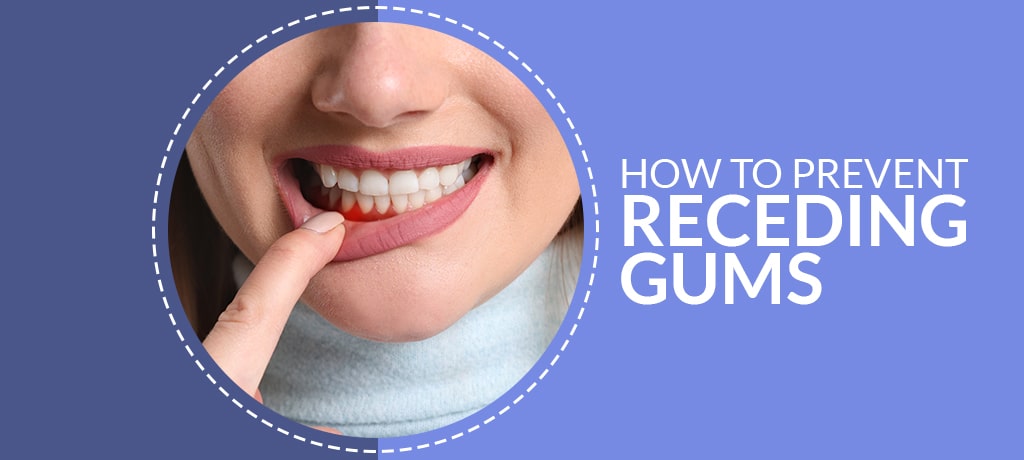Special offer checkups £45.50 (half price) available Tuesday and Thursday only. Until the 19th of May.

Receding gums is a common dental issue, affecting many people, particularly those above 30. Receding gums can leave your teeth vulnerable and lead to sensitivity. Regardless of what causes receding gums, identifying the symptoms early is important and caring for your gums is necessary to prevent receding gums.
When you have receding gums, they pull back from the teeth' surface, exposing the root. This gives bacteria easy access to the teeth and creates a spot for plaque and sensitivity. Receded gums make the teeth appear longer, but this happens gradually, so many people don't realise their gums are receding until the later stages when the condition is irreversible and the damage is popular.
Below are some symptoms that occur with receding gums and periodontal disease.
The last stage of receding gums causes loose teeth due to the damaged gums that cannot hold the teeth in place.
Different reasons cause receding gums. They include:
Contact your dentist if you notice receding gums or have any oral health issues. Putting off an appointment with your dentist will worsen the condition, reducing your chances of successful treatment. Treatment at later stages of receding gums is extensive and costs more.
Your dentist can confirm if you're experiencing receding gums and provide the right treatment. For instance, if your gum pocket is less the 3mm, the diagnosis will be gum disease.
Treatment for mild cases of receding gums will involve your dental hygienist and dentist. The dentist will recommend a course of deep cleaning, called root planing or tooth scaling, to remove tartar and plaques below the gumline to allow your gum to heal.
If the gum disease is advanced, the dentist may refer you to a periodontist (gum specialist) for more extensive treatment. The periodontist may offer treatments that regrow the gum by using grafts or other regeneration techniques.
Receding gum treatment will be successful if you diagnose the condition early. This makes routine dental check-ups and cleanings important. Your dentist can diagnose the condition and offer treatment before the condition worsens. Visiting your hygienist at least every six months for cleaning can also prevent gum disease.
Get in touch with us to see a dental hygienist for a routine dental cleaning to prevent receding gums and other dental issues. Call us now on 020 3137 5055 to schedule an appointment.